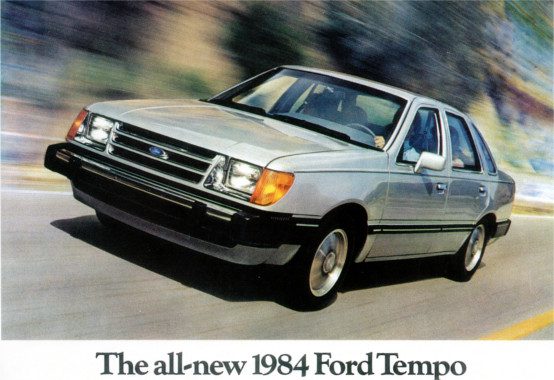Please Stop Comparing Health Insurance to Car Insurance

Josh Barro has a helpful post on why health insurance is different from other insurance products, such as homeowner’s or flood insurance.
The hardy perennial of problematic insurance analogies, though, is the one that’s supposed to make the case for expanding catastrophic health insurance and calling it a day. I first encountered it in some Cato Institute literature at college in the mid-’90s and came across it again a couple days ago:
Conservatives love catastrophic health insurance. Indeed we believe non-catastrophic health “insurance” is an oxymoron. It’s prepaid health care. Would you buy auto insurance for an oil change or tune up or new tires?
This one has bothered me in an inchoate, can’t-quite-explain-why sense for years. I wondered if the people who use it think beyond its superficial logic. So I decided finally to parse it.
Here’s why I think the analogy is lousy:
First and foremost, when I hear “catastrophic” car insurance, I don’t think of anything that happens in the mechanic’s garage, like rotating tires. I think of a collision with another car. When I got my first set of wheels in 1993—as it happens, an ’84 Ford Tempo that leaked oil profusely—I had the choice of buying “liability” insurance and opting out of “collision”: that is, in the event of an accident in which I was at fault, my plan would cover the damage to the other car but not my own. In my case, this was a decision that made itself: If I wrecked the Tempo, almost beyond repair as it was, its next and final home would be the scrap heap.
Equally obviously, we do not get to decide whether to insure our bodies only in the case of collisions with other bodies.
Which segues into my next point: Unlike 1984 Ford Tempos, we don’t send people to the scrap heap if they’re old, infirm, or otherwise financially inconvenient. We don’t “trade in” people. Indeed we spend an astonishing amount of money on the human equivalent of problem-plagued cars. You may have read recently of a startling fact: Half the population accounts for a trivial amount of our total healthcare expenditures, while a scant five percent spends half the total amount.
If you want to press the cars/people insurance analogy, you have to acknowledge the fact that, while we don’t put in an insurance claim every 5-7,000 miles, neither do we try to resuscitate 1984 Ford Tempos, or keep them on the road until 2084.
In the same sense that the writer (Scott Sumner) whose passage I quote above mocks the idea that maternity care is a “catastrophe,” is old age any more or less a “catastrophe”?
Moreover, there is this business of “preventative maintenance.” Are humans and cars even remotely analogous from this angle?
I’m calling b.s.
No, I don’t use insurance to pay for tuneups and oil changes. But what is the closest approximation, in the realm of healthcare, to tuneups and oil changes? The implication is that the routine checkup—the annual physical exam—is the closest approximation. But is it?
To my lights, oil changes and tuneups and tire rotations are more akin to proper diet and exercise than they are to a visit to the doctor’s office. These are the things we do to keep our bodies in good general health. We don’t consume professional medical services to do that—we go to the produce section and hit the treadmill.
Wait a minute, you say; what about the similarity of, say, mileage service intervals (it’s time you had your radiator flushed) and age-based disease screening (you’re 40 years old now; we don’t have to worry about your testicles so much as your prostate gland).
Well, what about that? What’s the worst a mechanic is going to find? That the car you paid $35,000 for is going to require an unforeseen $3,000 repair? As I argued a moment ago, when it comes to cars, you get to weigh the cost of fixing it against its overall, and annually depreciating, value.
If a car is diagnosed with, say, juvenile diabetes, you can cut your losses. And, unlike babies, if it’s disabled when it comes out of the factory, it either doesn’t reach the showroom or … there’s this thing called a warranty: it gets fixed at the manufacturer’s expense.
I could go on, but I’ll conclude with this last thought. I realize cars have become more and more dependent on onboard electronics, but I grew up around plenty of guys who could change their own oil and tires. And while we can self-examine for signs of certain types of cancer, we can’t be our own doctors.
It’s helpful to step back and remind ourselves why we ask doctors to perform “preventative maintenance” on our bodies. If diseases are caught early, they’re often cheaper to treat or cure. If we stay in good physical shape, we reduce the chances of developing many diseases in the first place. When we preventatively maintain our cars, however, we are merely forestalling problems that we would have to pay out-of-pocket for anyway. If you don’t change your oil, your car insurance plan isn’t going to cover the cost of fixing a seized engine.
Maybe it’s time conservatives retired this car insurance analogy. Surely someone took out a life insurance policy on it!